For the next few weeks, Dot Esports is profiling women working behind-the-scenes in esports. Each woman is an expert in her field, whether it’s navigating an emerging sector of the law, building out branding for their organization, or putting together some of the biggest esports events of the year. We’ll post a new profile each day, covering the women’s unique experiences in the esports industry.
Overwatch League fans everywhere know Los Angeles Gladiators’ social media presence. They may not know who runs it, but its impact spreads far across the industry—the biggest wave of which was a massive troll post that left the Overwatch League scene utterly confused for nearly an hour. The Los Angeles Gladiators’ marketing efforts are the most distinct across the Overwatch League, run in-part by Joy Chao, the team’s director of marketing communications.
Chao started at Phoenix1, the organization that operates the Los Angeles Gladiators, as an intern in 2017 and quickly moved up the ranks to her current position as marketing director, overseeing efforts for the Sentinels and the Los Angeles Gladiators. Chao thrust herself into the growing industry, bringing forth experimental ideas that have clearly resonated with the community.
“Part of it is I’m young, I’m eager to build something and make a mark,” Chao said. “For me, looking at the NHL, if I were in there, I would probably be starting at the bottom and working my way up slowly. Part of esports being so new and fluid is that you can wear a lot of hats and you have the opportunity, if you’re a go-getter, to take on other responsibilities that normally wouldn’t have fallen upon you.”
Not a gamer herself, Chao quickly picked up on the industry’s spirit and has harnessed it in the Los Angeles Gladiators’ marketing efforts, which, above all, are geared toward the team’s fan community.
This interview has been edited for length and clarity.
Can you tell me about your job and how you got started there?
Sure. So my job, I’m the director of marketing communications for the Los Angeles Gladiators and also the Sentinels, our esports org. I oversee the logistics and communications in our marketing department. For a while that did include events, public relations, and just anything logistical that kind of just fell through the cracks for me to catch. I was doing a bit of everything for a while.
I’m responsible for a small team so I also help plan more company development programs. We’re getting an internal company-wide training series in January, so that’s stuff that I have organized as well. And just helping make sure that we have a good climate that wants to attract and retain and motivate really good employees, because obviously when we grow we do want to get the best people.
And I got into esports in a funny way. Do you want the long story or a more condensed story?
If you’re open to telling the long story, I’d love to hear it.
I was a really big fan of hockey and really, I still am. I wanted to go into the NHL and help with their marketing efforts. In my senior year of college, I found out that our school, Pepperdine, had signed a deal with AEG, who owns the Kings, and I wasn’t very excited because I’m Bay Area-native so I am not a fan of the Kings. But I was like, you know what? This is the closest NHL team to me at this moment. If I could possibly wrangle some kind of internship or learning opportunity, this could really pay off in the future.
I’m a really big fan of the pre-interview process, because I think that anyone who’s hiring for a job is hiring to help solve a problem and if you can identify that problem and preemptively show them that you know how to handle it, then you just basically show them that you can do a good job and, most importantly, impress.
I went and I did a lot of market research about the NHL and their audience, which happens to be the wildest and richest audience of all the traditional sports in America—other than NASCAR.
I did a couple of interviews—actually I did many interviews with lots of people, just asking them why are you a fan of hockey, why are you not a fan of hockey, and just condensing all their answers and was able to come up with a presentation based on my research for suggestions of different groups they can go into to tackle and target pushing hockey onto new groups. LA itself is a very diverse city.
I put it all together in presentations, and I asked my professors to help look it over, but it turned out that there wasn’t actually someone for me to send it to at the Kings, because the deal was so new they didn’t even have a contact for me.
I was like wow, all that hard work and I just have a presentation with no one to show it to, but one of our professors actually kept it in mind. Our current CEO is Rob Moore and he was a former vice-chairman of Paramount Pictures. He’s a Pepperdine alumni and he stayed in touch with our head of entertainment and media division, and he was like, hey, I have this esports endeavor and I’m looking for a couple of marketing interns, so my professors actually recommended me by name and so I woke up to an email in my inbox about esports.I had never heard of esports before this. I’m not a big gamer but it really intrigued me, and even though my first thought was to say no, I thought about it and was like, this is still parallel to what I want to do, I should take a look and see how it goes.
From that internship I got a really good look into esports and I was like, this is actually an industry with a lot of growth potential. I really enjoy it and I wanna help build it, and so I ended up staying. That’s where I am today—but back then that was Phoenix1. We were in LCS, and then we went through the franchising process, but didn’t get through. Then we ended up managing Overwatch League’s LA Gladiators for the Kroenke’s and that’s what we’re doing today.
How many years have passed since your initial internship?
Two, I think.
So you’ve really moved up very quickly.
Part of it is I’m young, I’m eager to build something and make a mark. For me, looking at the NHL, if I were in there, I would probably be starting at the bottom and working my way up slowly. Part of esports being so new and fluid is that you can wear a lot of hats and you have the opportunity if you’re a go-getter to take on other responsibilities that normally wouldn’t have fallen upon you.
What does a typical—or as typical as possible—day look like for you?
I’ve been in the off-season for quite a while, so I’ll tell you about that.
We have an office now and office hours, which is great. The first thing I do after greeting my coworkers and seeing how they are is that I like to check Twitter and then I’ll browse Reddit real quick, just to see what’s going on in the community and make sure there hasn’t been any relevant news, making sure I’m staying up-to-date. Then I try to answer most of my inbox. After that, we have a department-wide meeting. We call it a scrum, like 15 minutes where everyone goes over really briefly what they’re doing today, what’s on their plates, so we can if we’re overloading the graphics guy—do we need help here? It keeps everyone on the same page. I usually have periods of time where I just have a lot of calls. If we’re hiring I’m also doing a lot of interviews.
Then throughout the day that’s probably a mix of that versus meeting with other people one-on-one, checking on what they’re doing, how can we support here and there, and then working on my own projects in that downtime. That pretty much carries us all the way till 6pm.
I’d love to hear about Los Angeles Gladiators’ social media strategy—there’s such a distinct experience there. Specifically, I’m thinking about the team’s bait-and-switch with saying goodbye to the Finnish duo for a trio.
From the start, we’ve known that a strong social media presence also has a distinct voice online. Take the NHL’s Vegas Golden Knights-—they’re one of the best examples around. We wanted to be able to have a post come out and people immediately could identify it and say, “oh that’s from the Gladiators.”
These announcements are definitely a big team effort—shout out to my team, they’re amazing. Since it’s the off-season, fans are starved for content, so we really tried to think of ways to make each announcement as interesting and relevant as possible. Just dropping a graphic and maybe press release seemed too boring and easy.
The bait-and-switch was something that was planned almost as soon as we found out we were signing [Riku] “Ripa” [Toivanen]. It’s gone through a few iterations but we’re really happy with how it was finally executed. I’m sure the fans are, too—at one point, we considered leaving a three-hour block in-between the jebait and the actual announcement but decided it was too much.
Every time we have an announcement or game day coming up, we sit down and have a brainstorming meeting. Our marketing team is still relatively small and collaborative, so it’s an open door meeting and anyone is welcome to join. I don’t have time to sit in all the time, but when I do they’re a lot of fun. People throw out so many crazy ideas. It’s kind of like improv. You don’t want to immediately say no to an idea—just see if something sticks.
So that’s what we do. When it comes to content creation, we’re really cognizant of our audience and always trying to think of the best, most entertaining ways to engage with them and create something that’s authentic to our team and the community.
Why’s your job important in esports?
I handle the logistical and marketing department, and we kinda split into creative and logistical. Even though the creative side is really most of what everyone sees, especially on social media, you see the graphics, you see the videos, you see the tweets and stuff. There’s a lot of stuff that goes on even more behind the scenes. There’s scheduling, pre-production of things, organizing players’ times for interviews versus for content, and just making sure that everything’s running smoothly. I think that’s important, the back end of the back end. It’s the grease that keeps the wheels turning.
That’s a good way to put it. During the season, does your schedule shift?
Last year our marketing team was still really small so I was taking on a lot of different things. During the game days my job shifts a lot. I like to be there in the crowd engaging and interacting with our local community and making sure that they’re [having fun]. And it’s great ’cause they’re awesome people. We know all the regulars. They know us because our team was four people last year, so it’s really great to have that rapport. When I saw Hydration Man in the audience for the first time, I snagged him and I talked to him there, and that really helps establish that first relationship and be like “Hey, you seem super great and you’re a huge fan of the LA Gladiators. Why don’t you join this forum and we can pull you into our community?”
That’s what I like to do during the games, and then after the games we have interviews and media. I coordinate clearance for that as well.
It’s neat that you engage with fans of the team in the audience at Blizzard Arena.
Yeah. This year we also recently hired someone, an events manager, so I think she’ll be a really big part of that, helping us fill up that local audience and engaging with the audience, which is super exciting for me. I’ll still try my best to be out there, but it’s great that I don’t have to wear so many hats, ’cause there’s been times where I’m trying to do something and then people are texting me like “Joy, you have to go pick up [the team’s] props that they have from their walk-in,” and I’m like, “Oh no, and I sprint up to the front and grab their props as they come by.” It’s a lot of hats.
Do you think it’s important for women to be involved in all aspects of esports?
I think it’s super important. I don’t have the exact stats on the Overwatch League audience and how it’s split in terms of gender, but this fan base is already more diverse than that of traditional sports. I think the industry should reflect that as well. I think Nascar has the most female fans, then the NFL and NBA. But Overwatch League, if you’ve ever been to the arena, there’s a ton of diversity across fans—across race, age, gender. It’s really awesome. Part of that is because Blizzard’s done a really good job with Overwatch as a game and making it very diverse across representation.
It’s important for women to be involved in all aspects of esports. It’s super great that we have Susie [Kim, London Spitfire’s general manager] and and Kate [Mitchell, Washington Justice’s general manager], who are GMs in the Overwatch League. Things like this series that you’re doing help shed light on people behind-the-scenes, because there are so many other women who are aspiring to be in esports—like in the Women of Esports server. There are so many more opportunities besides just the visible ones that we have. There’s behind-the-scenes, like production, partnerships, and graphic design. Showing off this back-end stuff and being like, “Hey, these are other opportunities out there,” is really good for encouraging people.
There’s a lot of focus on the lack of female pros.
And with female pros, yeah—we have one now. They’re working at it, I think. As it grows, we’ll see how the rate of gender disparity changes.
It’s the kind of thing where as more women get involved, it’s a visible thing—like, you could be a pro, too.
Yeah, I do appreciate that. I think the difference in esports versus traditional sports is that—I don’t know the official rules of the NBA—I feel like women can’t be in the NBA, because there’s the WNBA. There’s no rules against that in esports. There’s no limitations on that. If you’re good enough, you’re good enough.



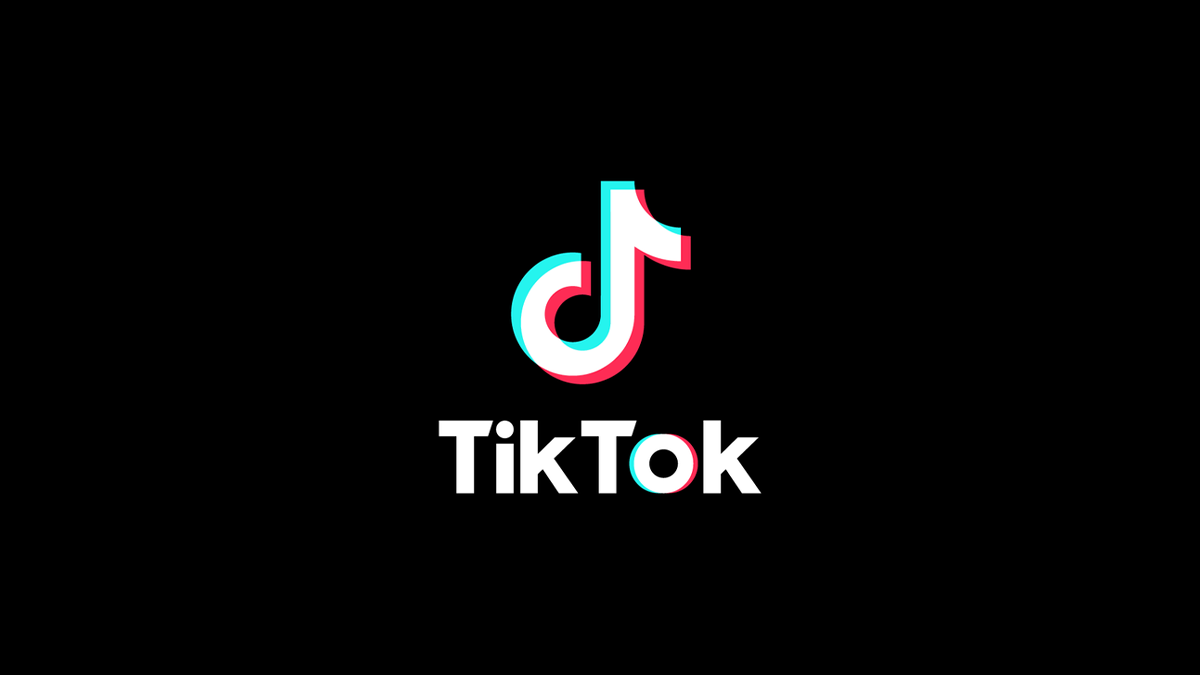

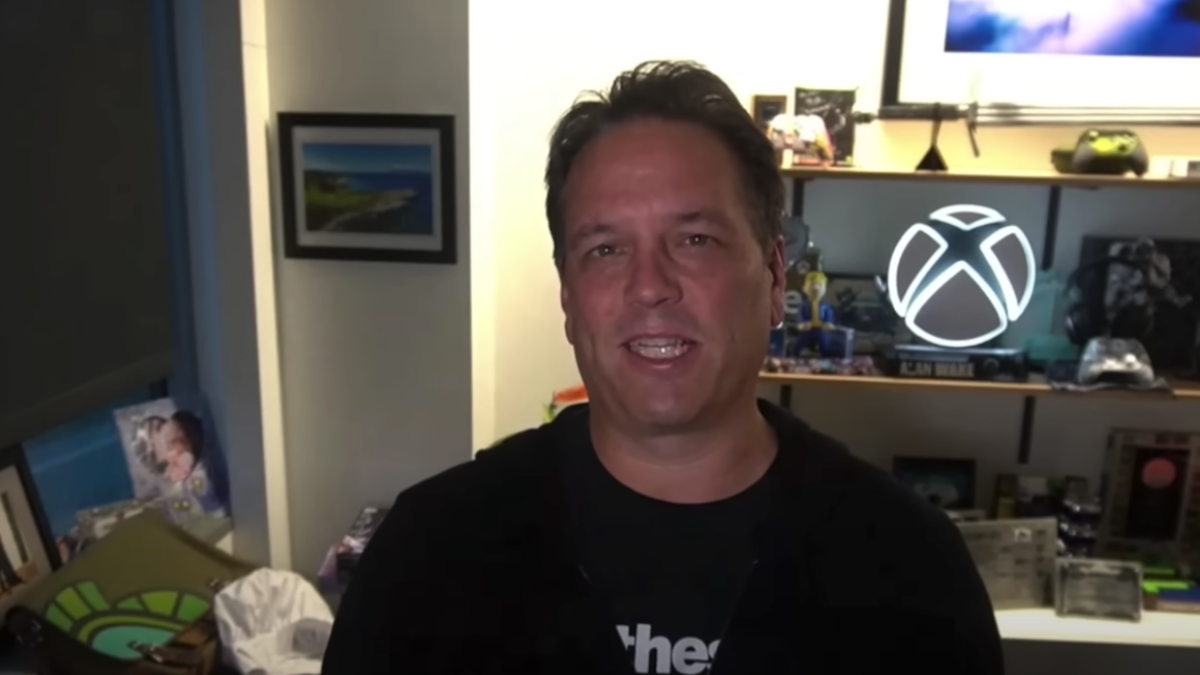
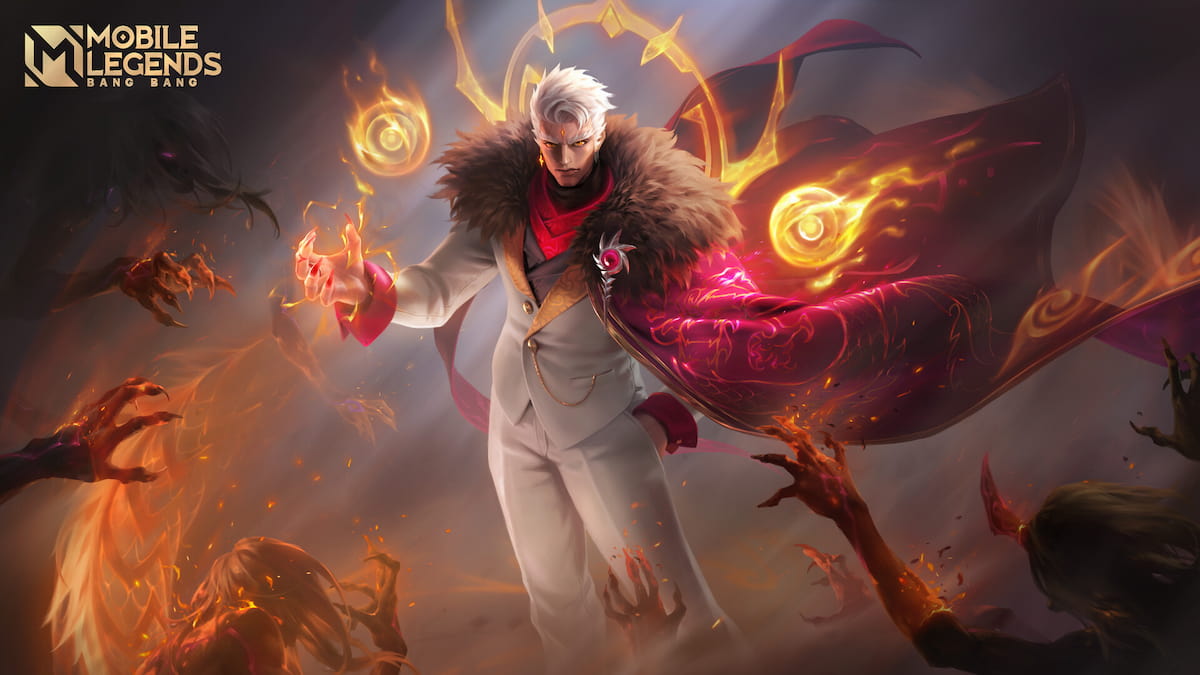
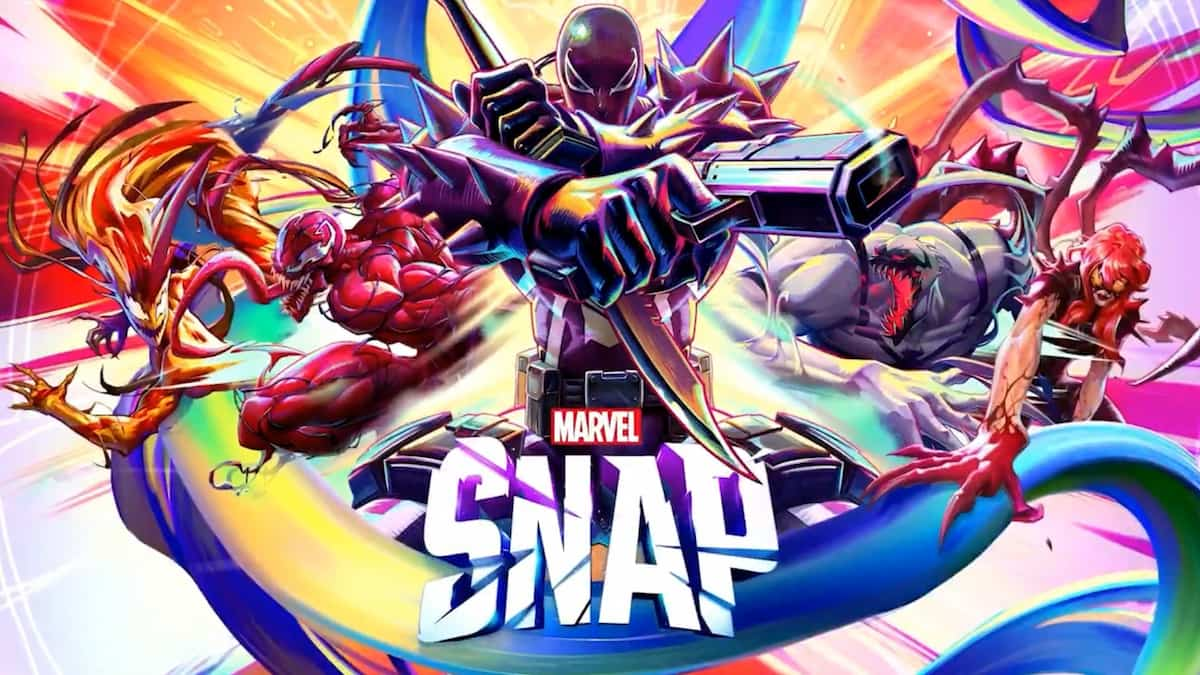
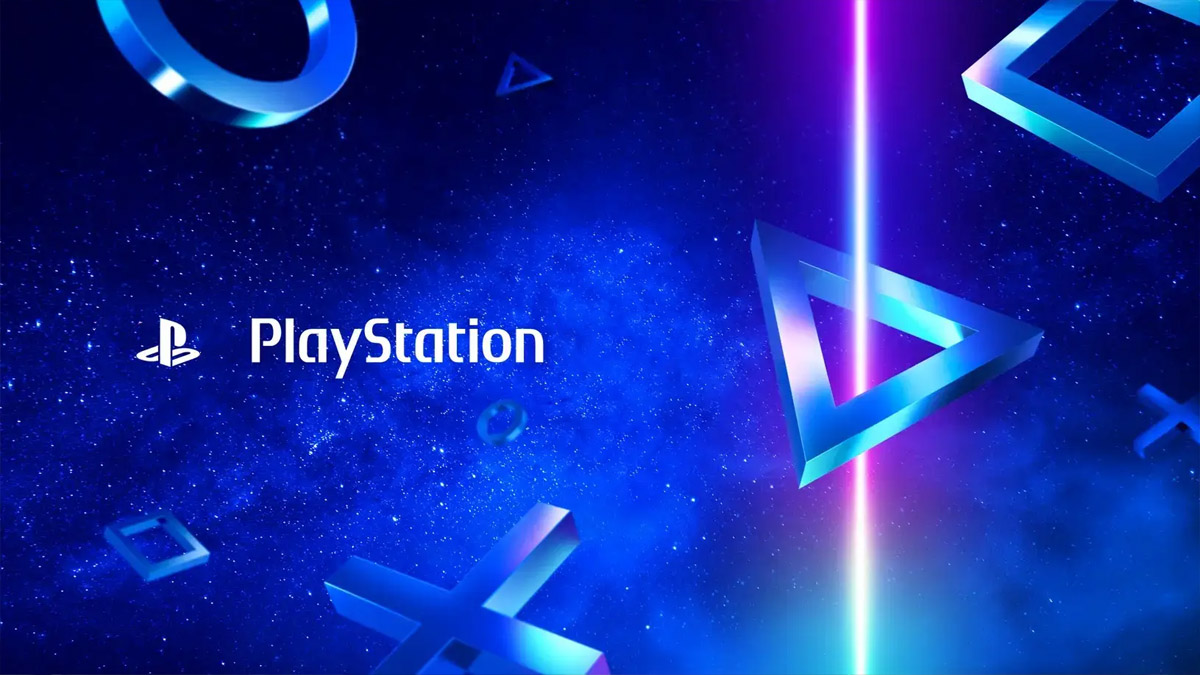
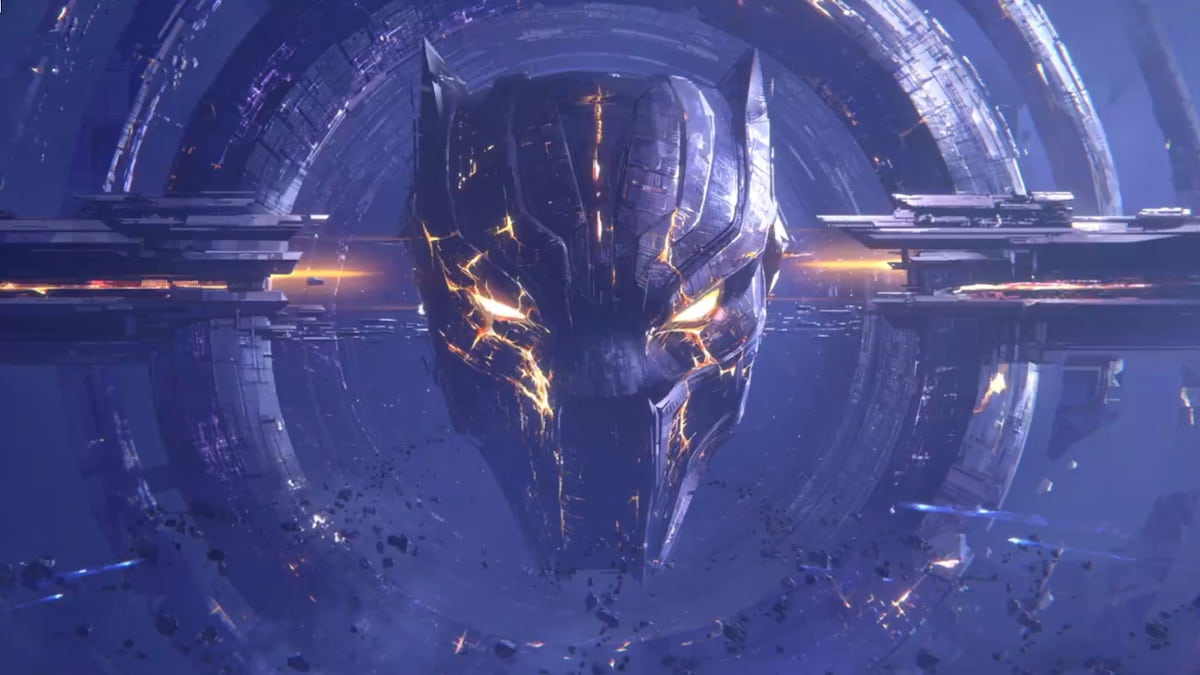
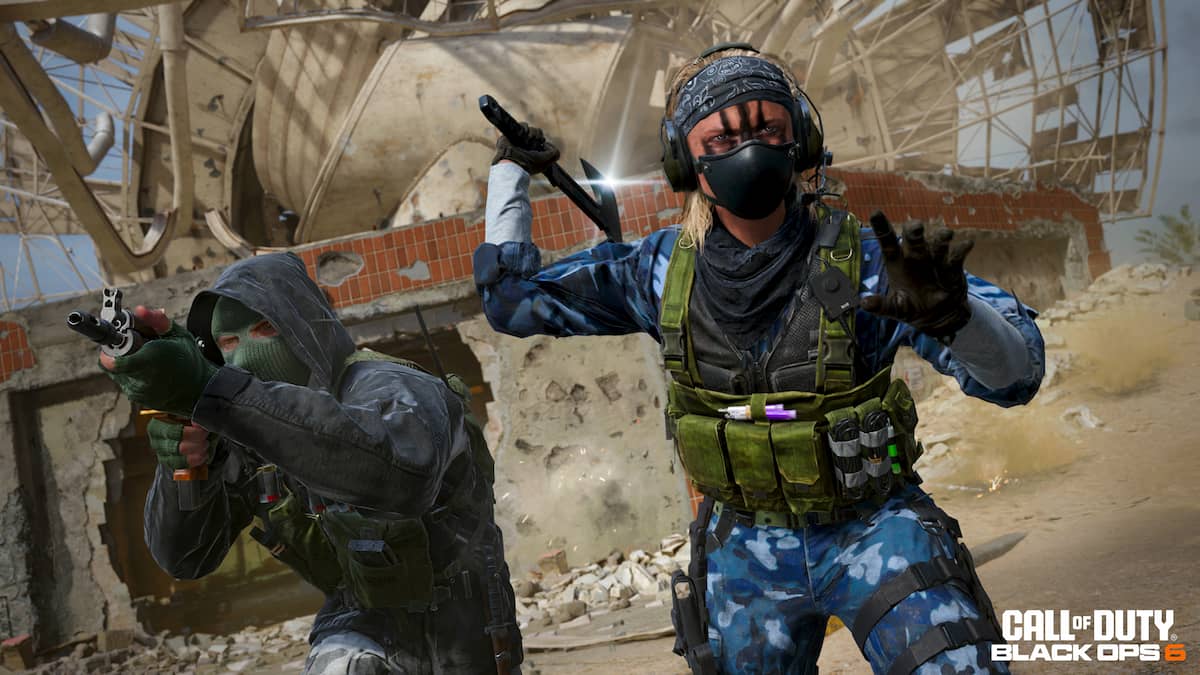
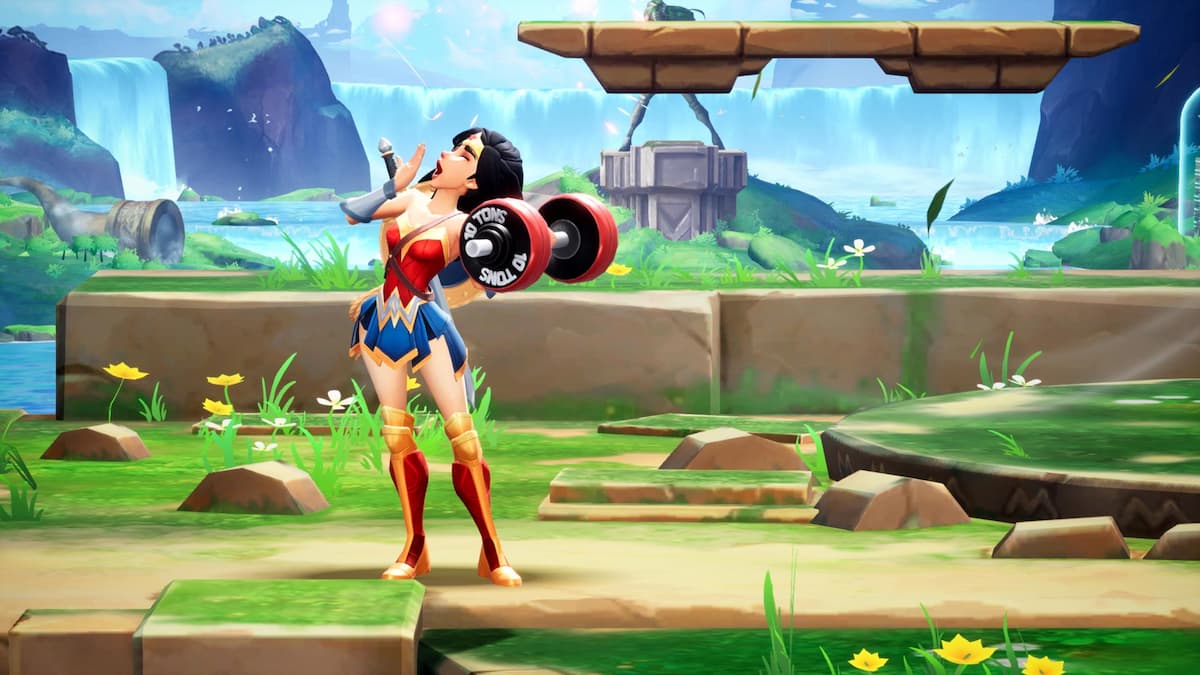
Published: Dec 25, 2018 02:00 pm